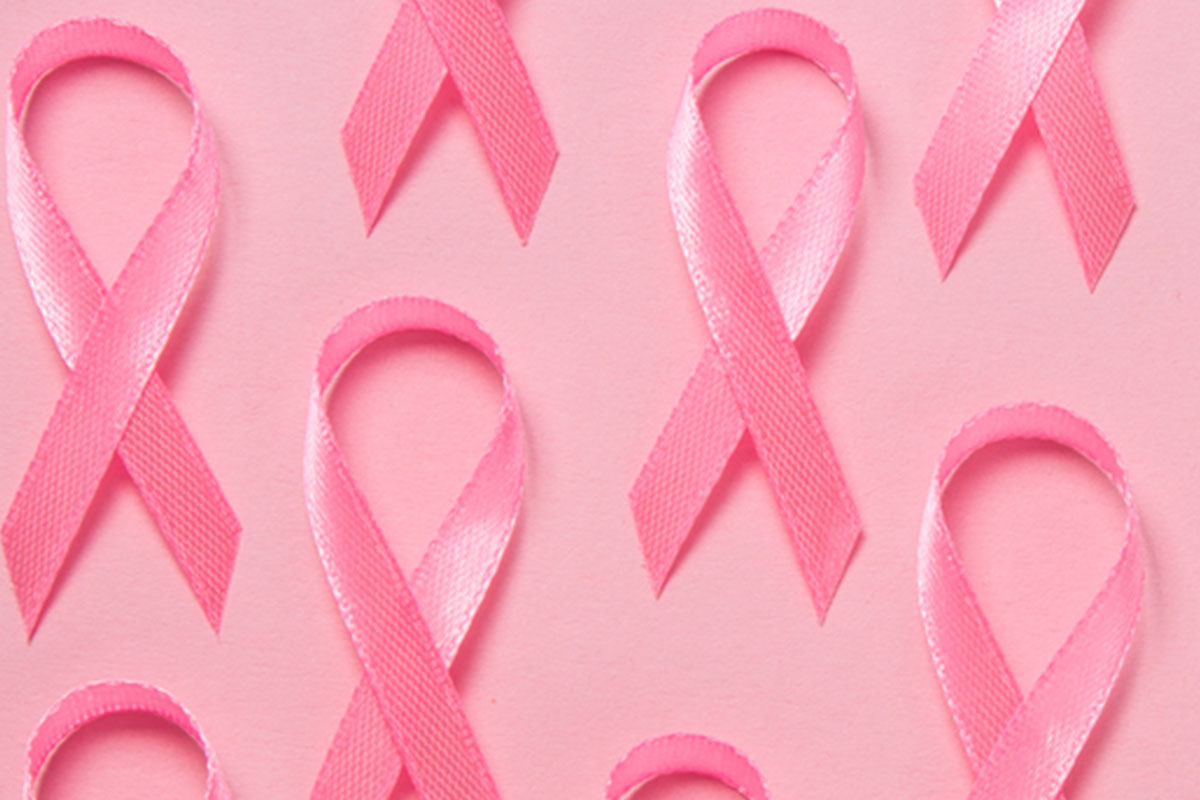October is Breast Cancer Awareness Month
1. Screening
Breast cancer is one of the most common cancers among American women and each year, more than 40,000 women die from the disease in the Unites States. Breast cancer screening plays a key role in early detection and includes mammography, clinical breast examination (performed by your physician) and breast self-examination. Screening recommendations vary depending on which health organization your physician uses. Here is a helpful link provided by the Susan G. Komen website which provides an overview of the screening recommendations:
https://ww5.komen.org/BreastCancer/BreastCancerScreeningforWomenatAverageRisk.html
2. Risk Factors
It is important to know the risks of getting diagnosed with breast cancer. Non-modifiable risk factors include: being over the age of 50, having dense breast tissue, family history of breast cancer and early onset of menstruation (before age 12) or late menopause (after age 55). Although we have no control over these risk factors, regular exercise to help maintain a healthy weight and limiting alcohol have been proven to help reduce the risk of breast cancer.
3. Symptoms
While there are many breast conditions, it is important to be educated on common symptoms of breast cancer. There is no such thing as “normal” breasts. Each individual needs to be aware of their breast anatomy in order to identify changes that occur, which is why monthly self-breast exams are crucial. Symptoms you should let your physician know about are any new lumps in the breast or armpit area, swelling, irritation, pain, nipple changes/discharge or changes in size or shape. Below is a helpful link from the National Cancer Institute regarding breast changes:
4. Treatment
Fortunately, there is treatment for breast cancer. There are many different approaches to treat this disease however, it mostly depends on the type, stage and personal preference. For detailed information on breast cancer treatment, the American Cancer Society provides helpful information on their website.

